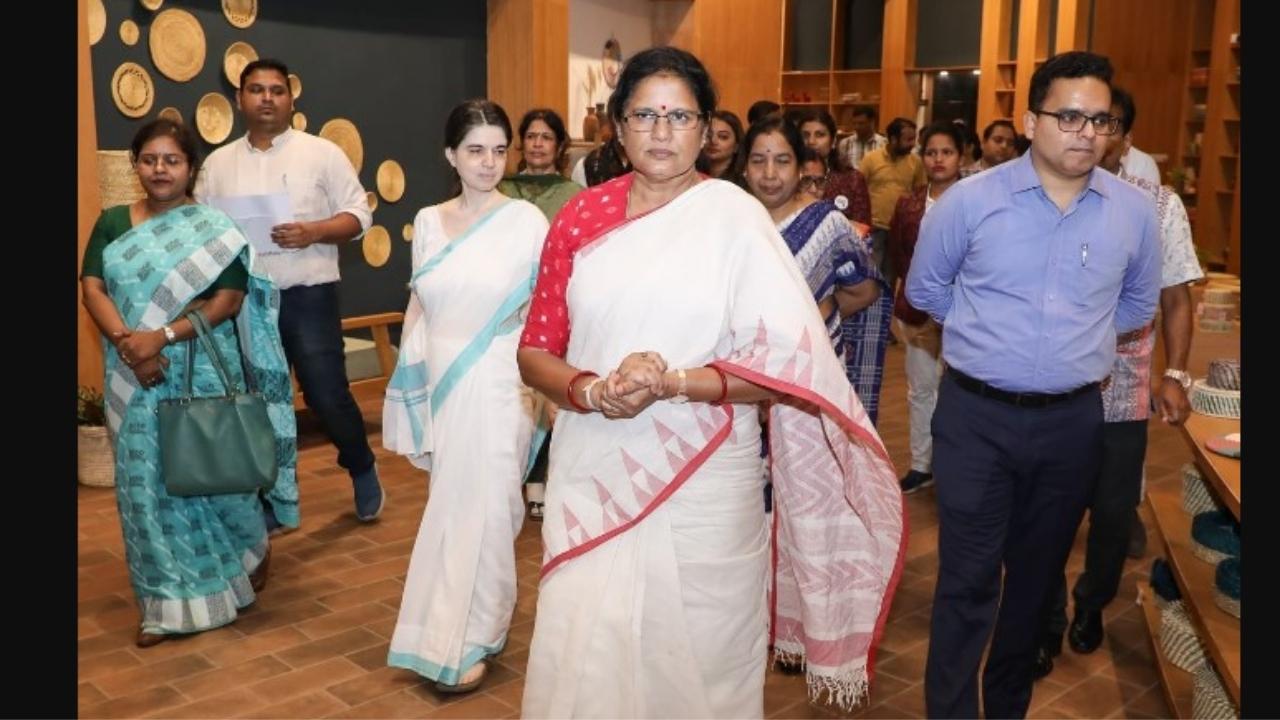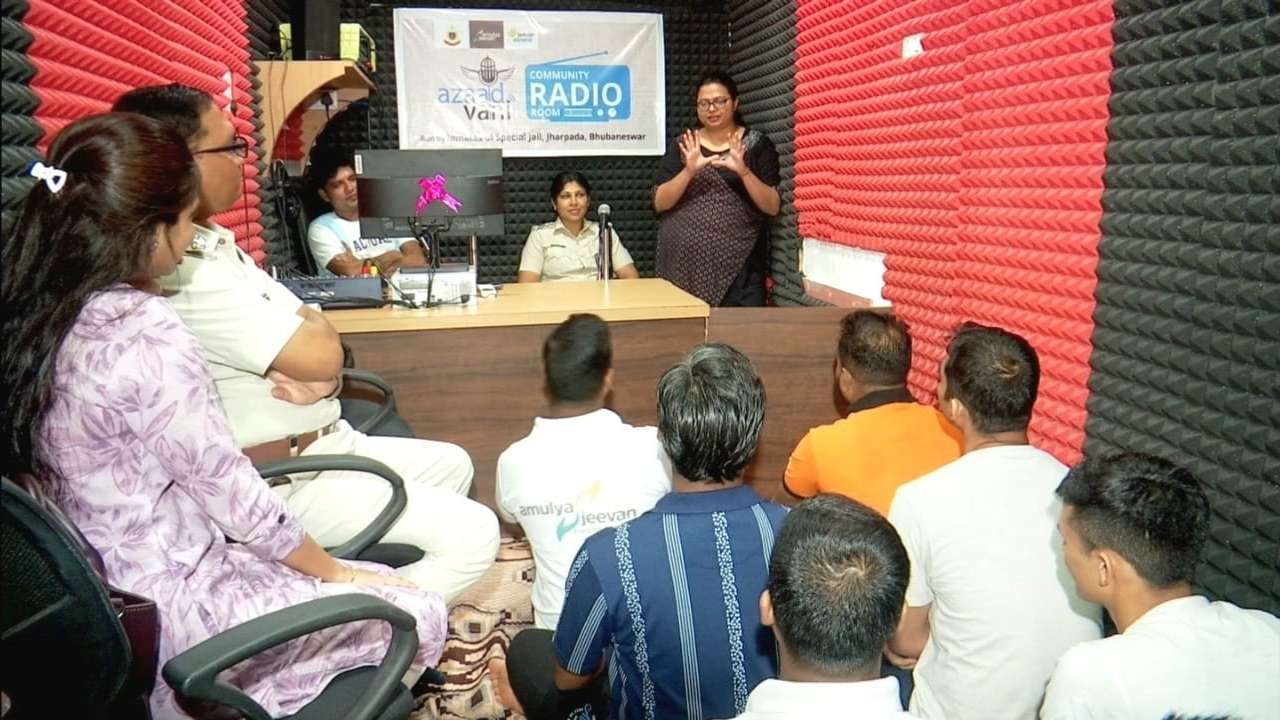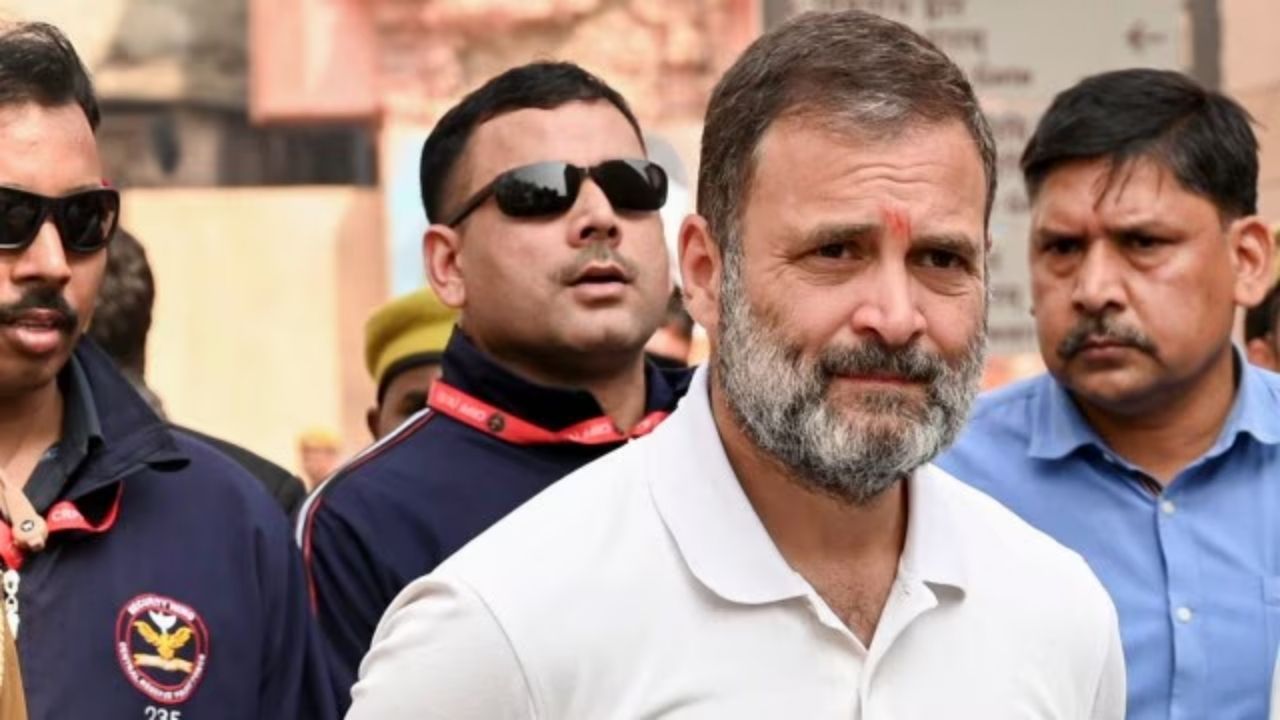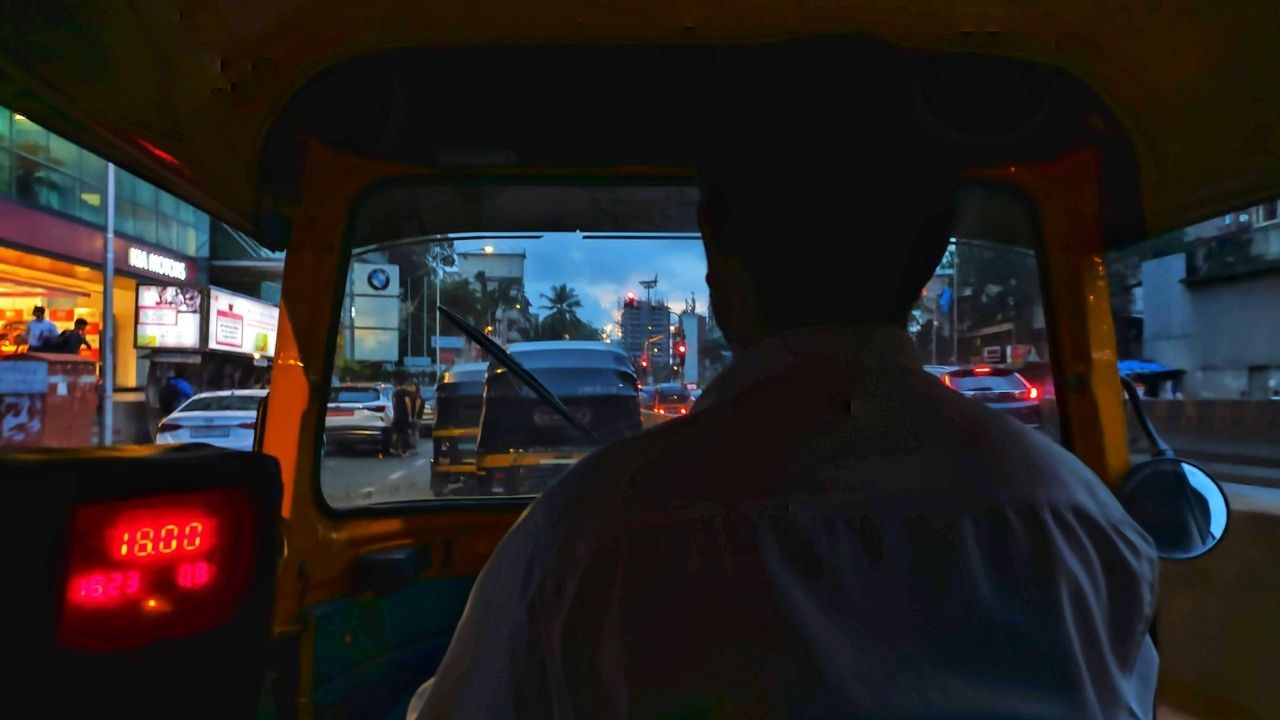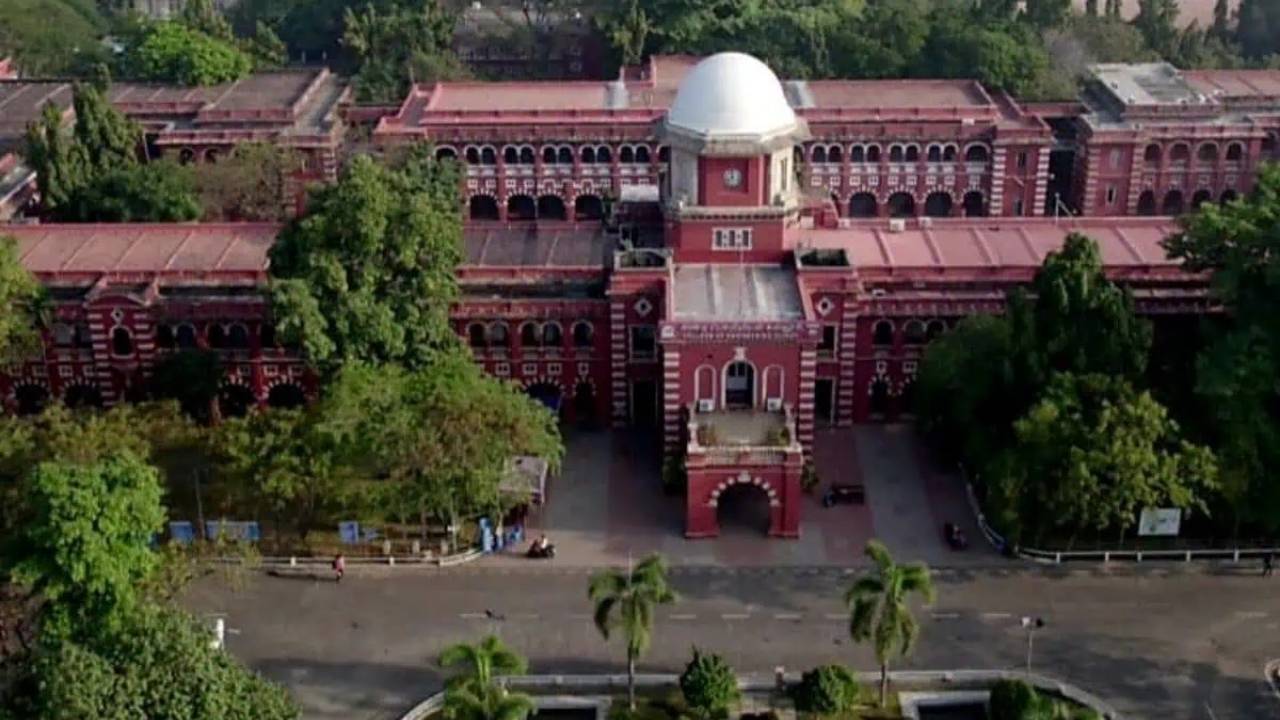Bhubaneswar, Odisha — In a significant move to enhance maternal and child welfare, Odisha Deputy Chief Minister Pravati Parida has announced a new initiative to establish dedicated public breastfeeding facilities across the state. This directive, issued during a special convention marking World Breastfeeding Week, aims to dismantle social barriers and provide mothers with private, hygienic spaces for nursing their infants. The push for these facilities aligns with a recent mandate from the Supreme Court of India, which declared that a mother’s right to breastfeed is an integral part of her and her child’s fundamental right to life.
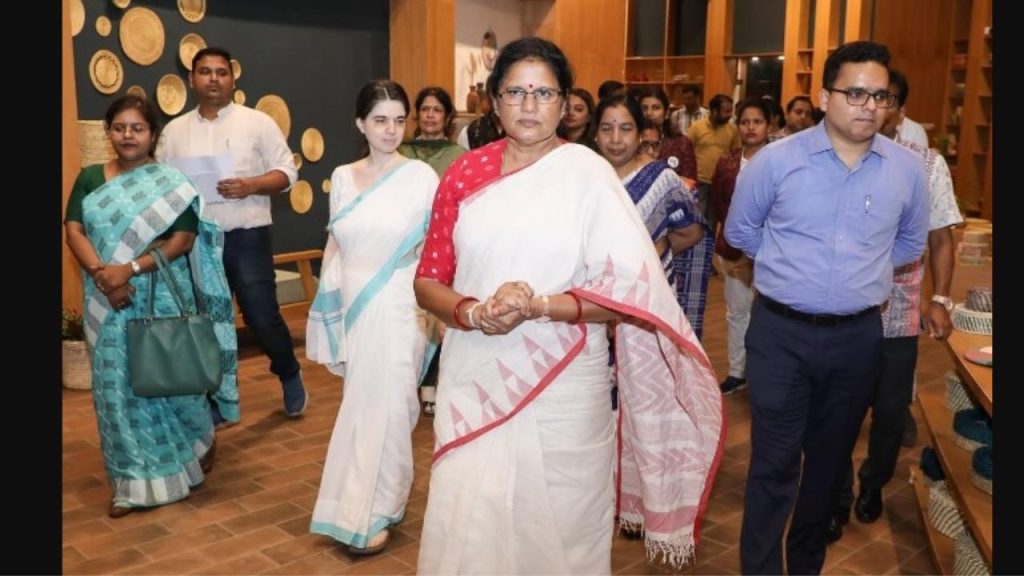
Odisha Government Moves to Normalize Public Breastfeeding
The announcement by Deputy CM Pravati Parida underscores a growing recognition of the challenges faced by nursing mothers in India. Parida, who also holds the portfolio for Women and Child Development, called on Anganwadi workers—frontline health workers in rural India—to prioritize maternal and child care. “Promoting breastfeeding is a collective responsibility,” she stated, emphasizing the need to create a supportive environment. The state has already inaugurated its first breastfeeding center at the State Women’s Commission and plans to expand the initiative to all bus stands, railway stations, and marketplaces.
This initiative is a direct response to a March 2025 Supreme Court ruling that directed the central and state governments to act on an advisory from the Ministry of Women and Child Development. The court’s judgment was clear: states have a legal obligation to provide adequate facilities for breastfeeding in public spaces. The ruling was the result of a public interest litigation (PIL) filed by a non-profit organization, highlighting the need for privacy and dignity for nursing mothers.
The court’s decision referenced Article 21 of the Indian Constitution, which guarantees the right to life, asserting that the right of a child to be breastfed is inextricably linked to the mother’s right to do so. The judgment also called on citizens to renounce practices that stigmatize public breastfeeding, noting that it is a fundamental duty under Article 51A(e) of the Constitution to renounce practices derogatory to the dignity of women.
The Health Imperative: Why Public Facilities Matter
The push for public breastfeeding facilities is rooted in scientific evidence demonstrating the profound health benefits of breastfeeding for both mother and child. The World Health Organization (WHO) and UNICEF recommend exclusive breastfeeding for the first six months of a baby’s life, followed by continued breastfeeding with complementary foods for up to two years or beyond. Breast milk is a complete food, providing all the necessary nutrients, antibodies, and energy a baby needs for healthy development.
Description: A close-up, compassionate image of a mother gently breastfeeding her baby. The mother looks relaxed and content, highlighting the natural bond and health benefits of nursing.
According to the WHO, breastfed children have better performance on intelligence tests and a lower risk of being overweight or obese later in life. For mothers, breastfeeding reduces the risk of breast and ovarian cancers, as well as type 2 diabetes. Despite these clear advantages, a 2024 report by the Breastfeeding Promotion Network of India (BPNI) and the Public Health Resource Network (PHRN) revealed that India lags behind other South Asian nations in breastfeeding practices, with only 44% of women initiating breastfeeding within the critical first hour of delivery.
The lack of hygienic and private spaces in public areas is a major barrier for many mothers. Forcing women to choose between their child’s nutritional needs and their own privacy often leads to stress and may discourage them from breastfeeding for the recommended duration. The new facilities are intended to address this gap, making it easier for mothers to maintain their breastfeeding routines while outside the home.

Implementation and Challenges Ahead
The Odisha government’s plan includes establishing these facilities at key public transport hubs. Pragativadi, an Odia news service, reported that each new breastfeeding center at railway stations will have a dedicated female attendant to assist mothers. This detail suggests a commitment to ensuring these spaces are not just designated rooms but are also actively managed and supported.
Description: A bar chart illustrating the percentage of women initiating breastfeeding within one hour of birth in India compared to neighboring countries like Bangladesh and Sri Lanka, sourced from a 2024 BPNI report.
However, the path to widespread implementation is not without its challenges. The BPNI report, titled “Arrested Development,” highlights a range of systemic issues, including the aggressive marketing of breast-milk substitutes, insufficient support for women in the workplace, and a lack of effective monitoring of existing policies. While the Maternity Benefit (Amendment) Act of 2017 mandates creche facilities in establishments with 50 or more employees, compliance remains a concern.
Furthermore, a significant cultural shift is required to fully normalize breastfeeding in public spaces. Even with dedicated facilities, many mothers may still feel uncomfortable due to societal stigma. The Supreme Court’s ruling and the Odisha government’s new initiative represent a top-down effort to change this narrative, but its success will ultimately depend on community engagement and a change in public perception.
Colleges Without ICCs to Face Consequences, Warns Odisha Deputy CM
Odisha Forest Department Embraces Technology with HAWK for Poaching Prevention
Social Activist Shovana Mohanty to Lead Odisha’s State Commission for Women.
A National Movement for Maternal Support
Odisha’s actions are part of a broader national trend to improve maternal health and childcare. The Supreme Court’s clear directive has provided a legal foundation for states to build upon, turning what was once a social convenience into a protected right. This new push for public breastfeeding facilities is seen as a key step in bridging the gap between policy and practice, ensuring that mothers have the practical support they need.
The state’s launch of the ‘Aasa Jiba Anganwadi’ campaign and the ‘AWESOME’ app—designed to monitor infrastructure and service delivery at Anganwadi centers—demonstrates a multi-pronged approach to child welfare. By combining infrastructure development with digital monitoring and community outreach, the government hopes to create a more integrated and effective support system.
The Deputy Chief Minister’s emphasis on the role of frontline workers in this endeavor is crucial. Anganwadi centers are often the first point of contact for new mothers in rural areas, and their capacity to provide skilled support and monitor child nutrition is vital. By strengthening these centers and providing them with new tools, the state is investing in a more resilient public health framework.

